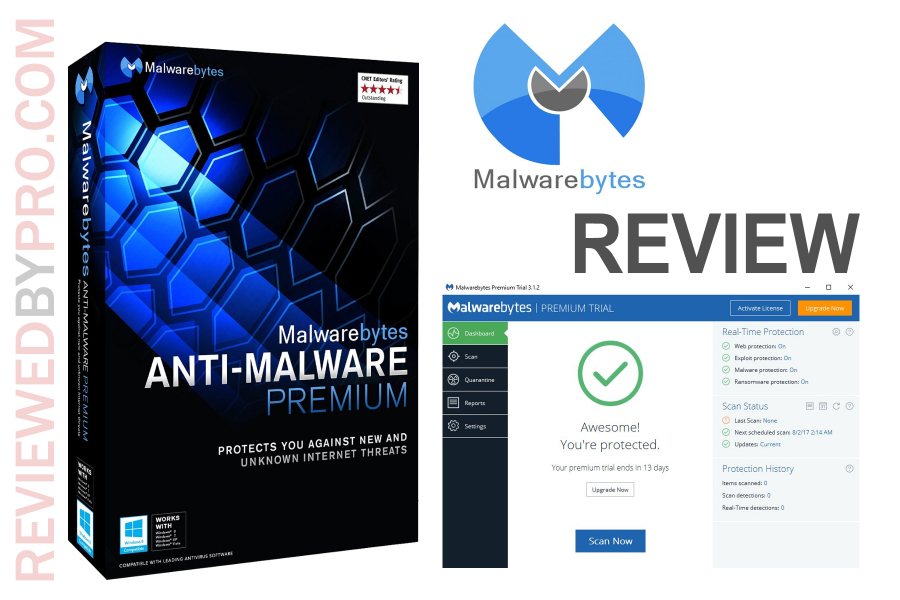

But when the employee saw the cursor move around a second time in the same day, he reportedly saw an attempt by an intruder to maliciously increase the chemical levels at the water treatment facility, upping the amount of sodium hydroxide-which can be corrosive in high quantities-to dangerous levels.

The employee, according to Wired, thought this was somewhat normal, as his workplace used a tool that allowed for remote employees and supervisors to take control of computers at the plant itself. In February, an employee for a water treatment facility in Oldsmar, Florida, saw the mouse on his computer screen moving around without his involvement. “Killware” is too loose a term to be useful Think of it like this: Locksmiths don’t develop one set of locks to prevent robberies and another set of locks to prevent assault-they develop locks to primarily prevent break-ins, no matter what an invader has planned. We don’t focus on that end payload so much as blocking how an attacker might get there.” “Many of our layers are ‘payload indifferent’ meaning we block the attack regardless of what it is meant to do (it could be to ransom, it could be to destroy MBRs, or anything in between). Further, the term “killware” can confuse antivirus customers seeking reassurance that their own vendor is protecting them from this threat, but antivirus vendors do not stop attacks based on intent, they stop attacks based on method.Īs an example, Malwarebytes Director of Threat Intelligence Jerome Segura said that Malwarebytes does not have any specific Indicators of Compromise (IOCs) for “killware” and that, instead, “we continue to protect our customers with our different layers of protection.” Complicating this is the fact that the known cyberattacks that have allegedly led to deaths already have a category: ransomware. And it’s just as bad as it sounds.”īut while “killware” sounds scary, the term itself is unhelpful when describing the many types of cyberattacks that, like USA TODAY wrote, “can literally end lives,” and that’s because nearly any type of hack, no matter the intention, can result in death. “ The next big cyberthreat isn’t ransomware. On October 12, after interviewing US Secretary of Homeland Security Alejandro Mayorkas, USA TODAY’s editorial board warned its readers about a dangerous new form of cyberattack under this eye-catching headline:


 0 kommentar(er)
0 kommentar(er)
